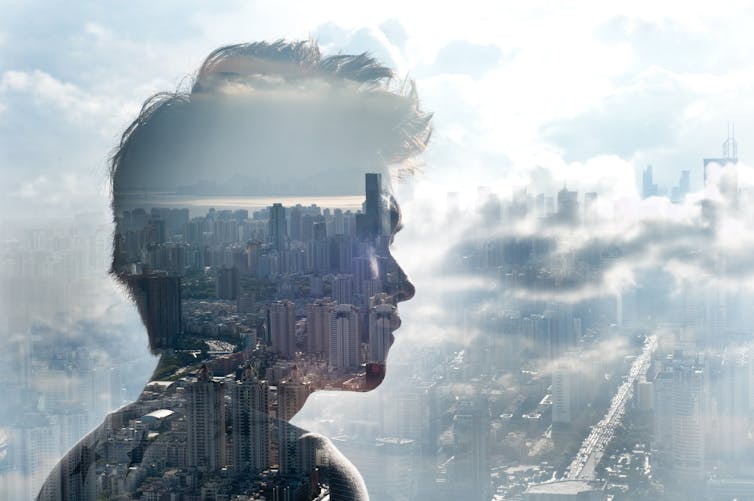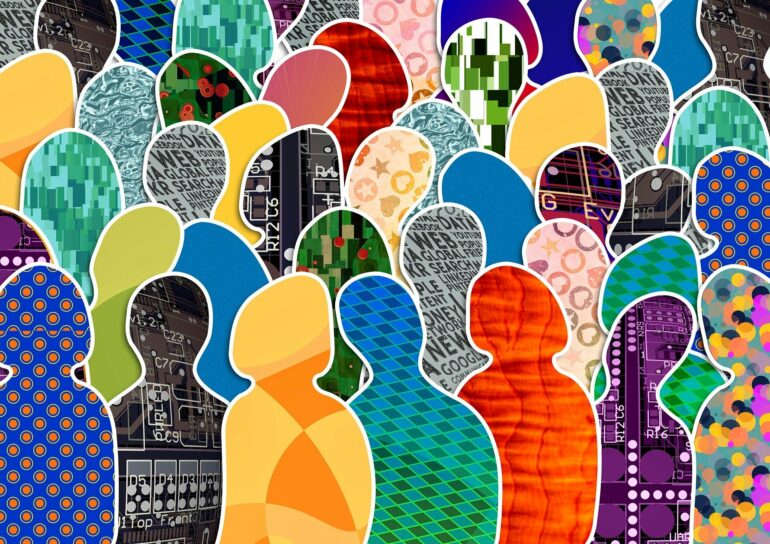Warm sun on your face, a gentle salty breeze, the sound of ocean waves. Your friend earnestly suggests surfing lessons, and you both laugh as you imagine the two of you gracelessly tumbling through the water.
Could imagining this beachside road trip together bring you closer, before you even pack your bags? Is imagining a shared future together the first step toward creating one?
From friends and family to lovers and acquaintances, people collaborate all the time to imagine shared experiences. They can be as whimsical as make-believe, as mundane as what’s for dinner, or as consequential as the future of our politics and planet.
Yet social scientists have traditionally researched imagination as an individual psychological process.
Our research in the Imagination and Cognition Lab at University at Albany, SUNY has studied the various ways that imagination can shape people’s social and emotional lives. While “imagination” can refer to many different ideas and processes, the form of imagination our work focuses on involves the ability to mentally create and represent novel, hypothetical, personal experiences that are specific in time and place.
To begin to bridge the gap between how psychologists understand an individual’s capacity to imagine and how social interactions can affect this cognitive process, we recently proposed a new framework of collaborative imagination – what we call co-imagination. It casts imagination as an interactive, co-creative process between two or more people in which they converse and collaborate to construct a shared representation of a specific possible experience.
With our colleagues Daniela Palombo and Christopher Madan, we set out to explore how collaboratively imagining a shared future with someone else might influence the shared relationship.

Even the imagining you do on your own is embedded in your social world.
Jasper James/The Image Bank via Getty Images
A shift from studying solo imagining to shared
Your ability to imagine the future as an individual can shape how you navigate your social world.
From job interviews to first dates to family reunions, people often think about future events that involve others. This tendency not only helps you plan and prepare for future possibilities, but it can also serve important functions related to social bonding, empathy and moral decision-making.
Such research has helped psychologists understand the central role that other people and social dynamics can play in an individual’s imagination, and how imagined experiences can affect people’s social lives. What’s more, work in other fields such as philosophy and sociology has demonstrated at the group level how people and institutions can build shared worldviews and understandings of future possibilities.
In its focus on either the individual or the social collective, prior studies have largely overlooked the possibility that imagination can occur within…



